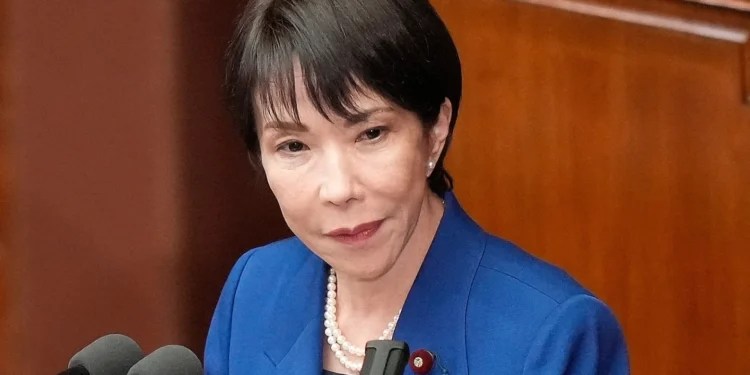Namibia, a leading global producer of uranium, is positioning itself as a key player in the transition to clean energy. The country is seeking significant investment from China to develop nuclear power and strengthen its contribution to sustainable energy solutions.
This initiative, highlighted during Chinese Foreign Minister Wang Yi’s recent visit to Africa, underscores Namibia’s ambitions to add value to its vast uranium resources while expanding cooperation with China in various sectors.
Namibian President Nangolo Mbumba, during a meeting with Wang Yi, emphasized the country’s commitment to leveraging its uranium resources for nuclear energy.
“We want to add value to our uranium for the peaceful development of nuclear energy,” Mbumba said, signaling Namibia’s intent to move beyond raw material exports to nuclear power generation.
Namibia’s uranium reserves are among the largest in the world, making it a critical supplier in the global nuclear energy supply chain. The country’s two flagship uranium mines, Husab and Rossing, rank as the second and sixth largest globally and are owned by Chinese companies. This existing partnership lays a strong foundation for deeper collaboration in nuclear energy development.
China’s interest in Namibia is part of a broader strategy to deepen its economic ties across Africa. Recent developments, such as the $3 billion Namibian dollar ($161 million) desalination plant, reflect China’s commitment to infrastructure projects that support Namibia’s mining and industrial sectors.
The plant, a joint venture between China General Nuclear Power Group and NamWater, will provide much-needed water to uranium mines and surrounding communities, addressing a critical resource challenge in the arid region.
Namibia also seeks Chinese investment to upgrade its transportation infrastructure. Plans for a new international airport aim to enhance the country’s appeal as a destination for Chinese tourists, tapping into one of the world’s fastest-growing outbound tourism markets.
China’s Strategic Interest in Africa

Wang Yi’s visit to Namibia is part of a broader week-long tour of Africa, signaling China’s continued focus on the continent as a key geopolitical and economic partner.
This visit follows last year’s Forum on China-Africa Cooperation (FOCAC), where China pledged to enhance trade terms, increase investments, and provide military training to African nations.
Namibia’s strategic location and resource wealth make it a valuable partner in China’s efforts to outpace the United States in the African market. By fostering ties with resource-rich nations like Namibia, China strengthens its access to critical minerals and establishes itself as a dominant player in the global energy and technology markets.
Namibia’s focus on nuclear power aligns with the global shift toward cleaner energy sources. As countries worldwide aim to reduce carbon emissions, nuclear energy is gaining recognition as a reliable and low-carbon alternative to fossil fuels.
Namibia’s plans to develop its nuclear capabilities could enhance its role in meeting the growing demand for clean energy.
China, a leader in nuclear technology, is well-positioned to support Namibia in this endeavor. Its expertise in nuclear power generation and its existing partnerships in Namibia’s uranium sector create opportunities for collaboration on reactor construction, fuel processing, and energy distribution.
Investing in nuclear power could bring significant economic benefits to Namibia, including job creation, increased export revenue, and technology transfer. However, it also requires careful consideration of environmental and safety concerns associated with nuclear energy.
Ensuring that uranium mining and nuclear development projects adhere to international environmental standards will be crucial to their success.
The proposed desalination plant is an example of infrastructure that addresses both industrial and community needs, demonstrating how strategic investments can balance economic growth with environmental stewardship.
Namibia’s push to add value to its uranium resources and embrace nuclear energy marks a pivotal moment in its development journey. With Chinese investment and expertise, the country has an opportunity to position itself as a leader in the global clean energy transition.
As Namibia expands its collaboration with China in mining, infrastructure, and technology, the focus must remain on achieving a balance between economic growth and sustainable development. By fostering partnerships that prioritize environmental protection and local empowerment, Namibia can chart a path toward a prosperous and sustainable future.
READ ALSO: Mozambican Refugees Flee Violence, Seek Aid In Malawi























